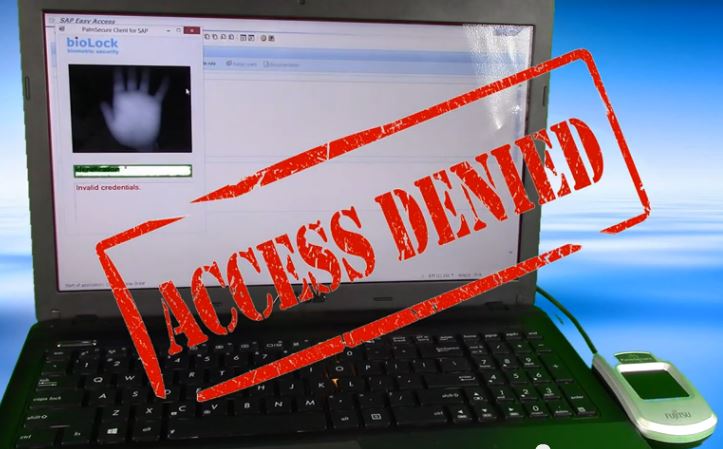The federal statute on wire fraud is Title 18, United States Code, Section 1343. Congress passed the wire fraud statute in 1952 as part of the Communications Act Amendment. The law against mail fraud was already on the books at that point, but Congress wanted to extend the mail fraud provisions to cover new technology.
Like the mail fraud statute, the law against wire fraud prohibits any scheme or artifice to defraud that uses wire, radio, or television communication in interstate commerce. Later in 1956, Congress broadened the scope of the wire fraud statute to include transmissions in foreign commerce.
The elements of wire fraud are the same as mail fraud. In order to convict the defendant, federal prosecutions have to prove all of the following beyond a reasonable doubt:
- A scheme to defraud or obtain money or property by fraudulent pretenses.
- Intent.
- The making of materially false representations.
- Transmission by wire, radio, or television communication in interstate or foreign commerce.
The United States Attorney is not required to establish that the wire, radio, or television transmission was critical to the scheme. Rather, the transmission element is more like a jurisdictional element. The transmission in interstate commerce is what gives federal court jurisdiction over the scheme. Without the transmission, the scheme would be prosecutable in state court.
The venue for prosecution under 18 USC 1343 is basically any district where either the transmission began or ended. The venue statute, 18 USC 3237, provides that venue is proper in any district in which the offense began, continued, or was completed.
Wire fraud is a felony offense under federal law. The penalty can be 20 years imprisonment. However, where the victim of the wire fraud was a financial institution (eg, bank), the sentence is enhanced. In these cases, the sentence can be 30 years in federal prison.










